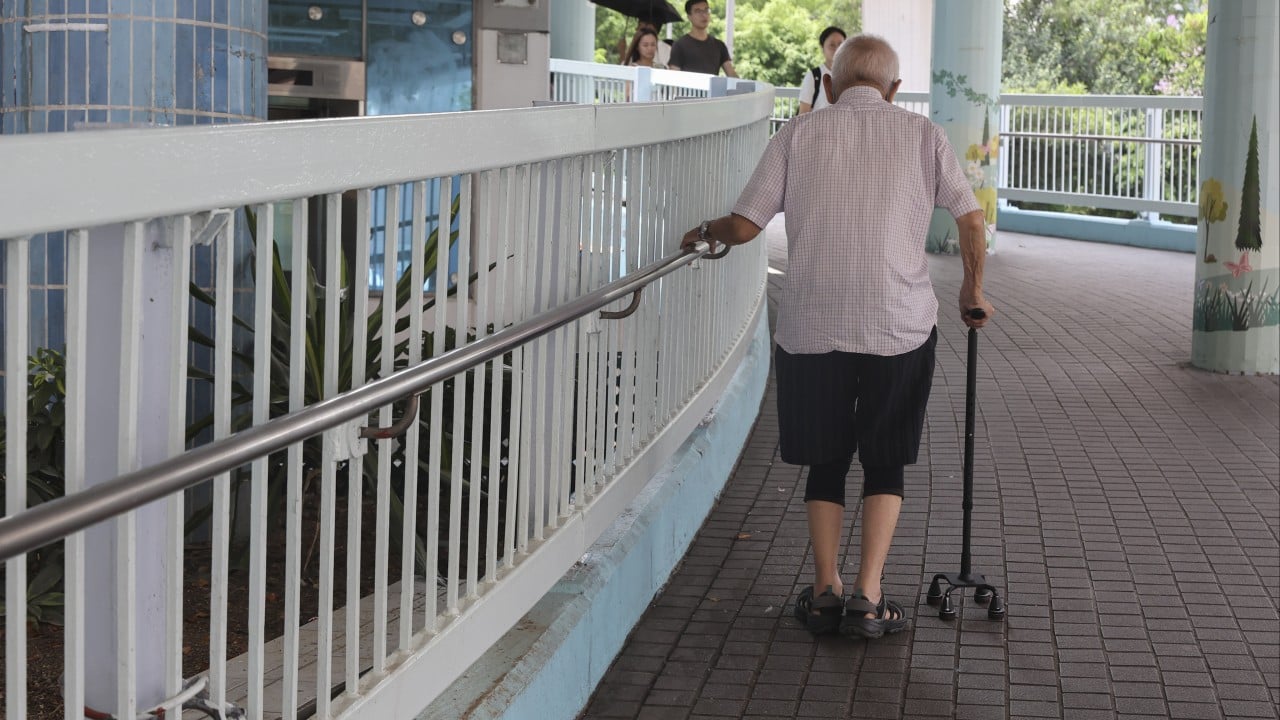Hong Kong’s elderly residents should undergo osteoporosis screening for early detection of the bone-weakening condition, experts have said, predicting the number of hip fractures will surge almost fourfold to 27,000 cases by 2050 amid a rapidly ageing population.
The Osteoporosis Society of Hong Kong, consisting of healthcare professionals from a wide range of disciplines and specialties, on Sunday called on men aged 70 or older, and women aged 65 or above, to undergo scans to measure bone density.
Osteoporosis is a disease that weakens bones to the point of fragility and possible fracture. The most common and serious types are hip fractures, which could take away the person’s ability to care for themselves.
The number of hip fracture cases in the city rose from 6,800 in 2019 to more than 7,500 in 2023, according to Hospital Authority data.
Professor Cheung Ching-lung, president of the society, predicted the figure could exceed 27,000 by 2050, driven by the population’s rapid pace of ageing.
Public hospital data also suggested about 10 per cent of patients sustained another hip fracture after the first one, mostly within two years.
Cheung warned that about half of hip fracture patients died within five years, and 15 per cent within 12 months because of a range of complications.
“The dramatic escalation in fragility fractures underscores the urgent imperative to address osteoporosis and improve overall bone health in our community,” he said.
Noting the heavy cost of such fractures on the healthcare and welfare system, the society issued a set of guidelines on Sunday to boost early detection and management of the disease.
Dr Ip Tai-pang, chairman of the society’s guideline task group, said screening was important because more than half of patients were asymptomatic.
Some patients would see their height reduced or even develop a hunchback.
Ip said a cost-effectiveness analysis suggested that a screening and treatment exercise could help to prevent more than 5,200 hip fractures over the next decade, saving more than HK$400 million in direct healthcare costs.
Ip added that the scan, carried out by dual-energy X-ray absorptiometry (dxa) and only available to the public in the private sector, cost around HK$400 (US$51) to HK$600, and was simple and painless. Patients could get a referral from a general practitioner.
He said he hoped authorities could consider including the screening in the healthcare voucher scheme for the elderly to increase the incentive.


